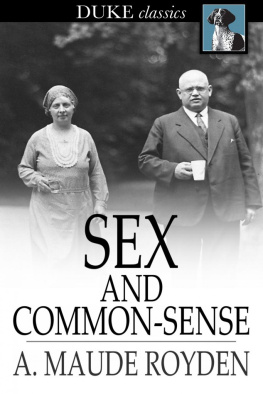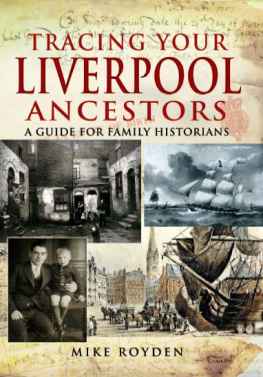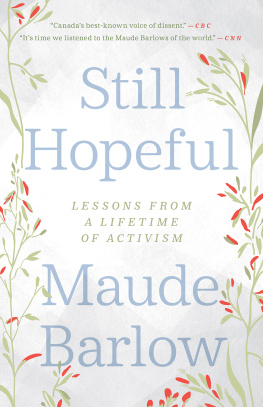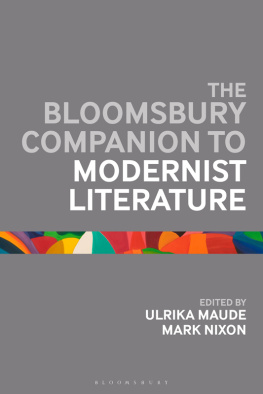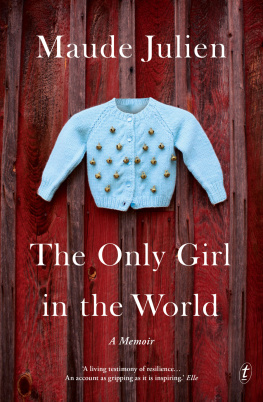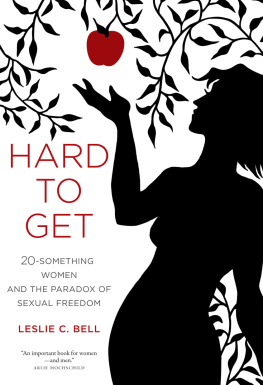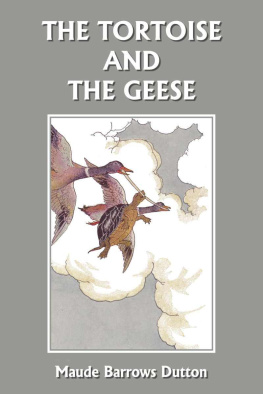SEX AND COMMON-SENSE
* * *
A. MAUDE ROYDEN
*
Sex and Common-Sense
From a 1921 edition
ISBN 978-1-62011-636-4
Duke Classics
2012 Duke Classics and its licensors. All rights reserved.
While every effort has been used to ensure the accuracy and reliability of the information contained in this edition, Duke Classics does not assume liability or responsibility for any errors or omissions in this book. Duke Classics does not accept responsibility for loss suffered as a result of reliance upon the accuracy or currency of information contained in this book.
Contents
*
Sex and Common-Sense
*
BY
A. MAUDE ROYDENASSISTANT PREACHER AT THE CITY TEMPLE, LONDON1918-1920
To MY FRIENDS A.J.S. AND W.H.S.
Preface to American Edition - The Nobility of the Sex Problem
*
Of all the problems which the alert and curious mind of modern man isconsidering, none occupies him more than that of the relations of thesexes. This is natural. It touches us all and we have made rather a messof it! We want to know why, and we want to do better. We resent being thesport of circumstance and perhaps we are beginning to understand that thisinstinct of sex which has been so great a cause of suffering and shame andhas been treated as a subject fit only for furtive whispers or silly jokes,is in fact one of the greatest powers in human nature, and that its misuseis indeed "the expense of spirit in a waste of shame."
It is not the abnormal or the bizarre that interests most of us to-day. Itis not into the by-ways of vice that we seek to penetrate. It is the normalexercise of a normal instinct by normal people that interests us: and it isof this that I have tried to write and speak. The curiosities of depravityare for the physician and the psychologist to discuss and cure. Ordinarymen and women want first to know how to live ordinary human lives ona higher level and after a nobler pattern than before. They want, Ithink,and I want,to grow up, but to grow rightly, beautifully,humanely.
And I believe the first essential is to realize that the sex-problem, as itis called, is the problem of something noble, not something base. It isnot a "disagreeable duty" to know our own natures and understand our owninstincts: it is a joy. The sex-instinct is not "the Fall of Man"; neitheris it an instance of divine wisdom on which moralists could, if they hadonly been consulted in time, greatly have improved. It is a thing noble inessence. It is the development of the higher, not the lower, creation. Itis the asexual which is the lower, and the sexually differentiated which isthe higher organism.
In the humbler ranks of being there is no sex, and in a sense no death. Theorganism is immortal becausestrange paradoxit is not yet alive enoughto die. But as we pass from the lower to the higher, we pass from the lessindividual to the more individual; from asexual to sexual. And with thischange comes that great rhythm by which life and death succeed each other,and death is the cost of life, and to bring life into the world meanssacrifice; andas we rise higher stillto sustain life means prolongedand altruistic love. This is the history of sex and of procreation, ahistory associated with the rising of humanity in the scale of being, ahistory not so much of his physical as of his spiritual growth.
By what an irony have we come to associate the instinct of sex with allthat is bestial and shameful!
It has happened because the corruption of the best is the worst. I alwayswant to remind people of this truism when they have first come intocontact with sex in some horrible and shameful way. That is one of thegreatest misfortunes that can happen to any of us, and unfortunately ithappens to many. Boys and girls are allowed to grow up in ignorance. Thegirls perhaps know nothing till they have to know all. The boys learnfrom grimy sources. I was speaking on this subject at one of our greatuniversities the other day, and afterwards many of the men came and talkedto me privately. With hardly a single exception they said to me"Ourparents told us nothing. We have never heard sex spoken of except in adirty way."
It is difficult for us, in such a case, to realize that sex is not adirty thing. It can only be realized, I think, by remembering thatthe corruption of the best is the worst, and that we can measure by thehideousness of debased and depraved sexuality, the greatness and the wonderof sex love.
This is to me the great teaching of Christ about sex. Other greatreligious teacherssome of them very great indeedhave thought and taughtcontemptuously of our animal nature. "He spake of the temple of Hisbody." That is sublime! That is the whole secret. And that is why vice ishorrible: because it is the desecration, not of a hovel or a shop, of amarketplace or a place of business: but of a temple.
Christ, I am told, told us nothing about sex. He did not need to tell usanything but "Your body is the Temple of the Holy Spirit."
It is my belief that in appealing to an American public I shall beappealing to those who are ready to face the subject of the relationsof the sexes with perfect frankness and with courage. America is still acountry of experimentsa country adventurous enough to make experiments,and to risk making mistakes. That is the only spirit in which it ispossible to make anything at all; and though the mistakes we may make in amatter which so deeply and tragically affects human life must be serious,and we must with corresponding seriousness weigh every word we say, andtake the trouble to think harder and more honestly than we have perhapsever thought before; yet I believe that we must above all have courage.Human nature is sound and men and women do, on the whole, want to do whatis right. The great impulse of sex is part of our very being, and it is notbase. Passion is essentially noble and those who are incapable of it arethe weaker, not the stronger. If then we have light to direct our course,we shall learn to direct it wisely, for indeed this is our desire.
Such is my creed. My prayer is for "more light." And my desire to take mypart in spreading it.
A. MAUDE ROYDEN.
April, 1922.
Preface to Third English Edition
*
In the first editions of this book a certain passage on our Lord's humanityhas, I find, been misunderstood by some. They have supposedit to imply a suggestion that our Lord was not only "tempted in all thingslike as we are"which I firmly believebut that He fellwhich is tome unthinkable. I hope I have made this perfectly clear in the presentedition.
Beyond this there are few alterations except the correction of some veryabominable errors of style. The book still bears the impress of the speakerrather than the writer, and as such I must leave it.
With regard to the chapter called "Common-Sense and Divorce Law Reform,"which now has been added to this edition, I wish to express my indebtednessto Dr. Jane Walker and the group of "inquirers" over which she presided,for the memorandum on Divorce which they drew up and published in theChallenge, of July, 1918. I am not in complete agreement with their viewson all points, but readers of their memorandum will easily see whence Iderived my view as a whole.
A.M.R.
January, 1922.
Foreword
*
Chapters I. to VII. of this book were originally given in the form ofaddresses, in the Kensington Town Hall, on successive Sunday evenings in1921. They were taken down

